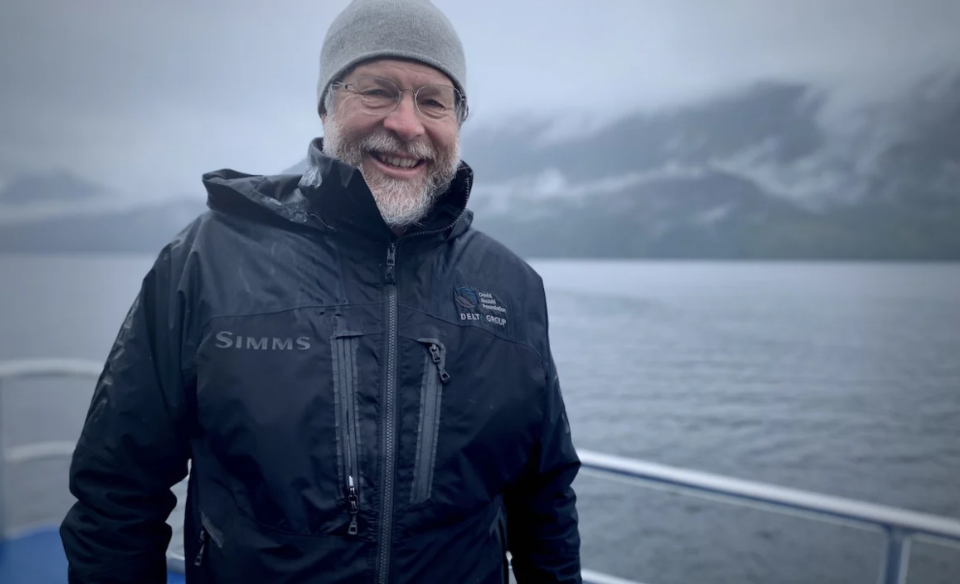Fossil fuel giant ExxonMobil is relinquishing its long-standing oil and gas exploration permits that threaten sensitive marine ecosystems on the B.C. coast — a heartening development, a coalition of environmental groups say.
The move by the oil and gas company is encouraging, say the groups waging a lawsuit against the federal government over historical “sleeper” permits that expose B.C. waters — and marine protected areas in particular — to environmental threats from exploratory drilling.
ExxonMobil has given up all of its nine offshore B.C. permits — including two key permits in or near the Scott Islands Marine National Wildlife Area north of Vancouver Island, said Ecojustice, the environmental law charity leading the court challenge on behalf of the David Suzuki Foundation and World Wildlife Fund Canada.
“Oil and gas leases have no place in B.C.’s offshore,” said Jay Ritchlin, David Suzuki Foundation’s director general for Western Canada.
The environmental groups launched a court challenge in July disputing the legality of sleeper permits — which were granted to big oil corporations in the 1960s and 1970s but still remain valid. The court case alleges Natural Resources Canada has extended the permits indefinitely, a move inconsistent with the Canada Petroleum Resources Act.
The court case focuses on 20 permits inside conservation boundaries for the Scott Islands or the protected fragile glass sponge reefs in Hecate Strait and Queen Charlotte Sound.
Following ExxonMobil’s move, the environmental coalition has dropped the company from the ongoing court case, Ritchlin said.
Shell Canada voluntarily gave up its exploration rights for vast stretches of the B.C. coast, including a third of the Scott Islands MPA, not long after the conservation area was established In 2018.
Chevron Canada holds most of the remaining sleeper permits in the ecologically sensitive areas, Ritchlin said, noting it’s time the oil company followed the example set by industry peers.
Outstanding exploration permits undermine the protection of sensitive hot spots of biodiversity such as the Scott Islands, he added.
The chain of five small islands shelters the highest concentration of breeding seabirds on Canada’s Pacific coast, including 90 per cent or more of the national population for the tufted puffin and common murre as well as fully half of the world’s population of Cassin’s auklets.
The move by ExxonMobil is consistent with Canada’s new minimum standards for future marine protected areas, which prohibit oil and gas activity, along with mining, dumping and destructive bottom-trawling fishing, Ritchlin said.
But even though new federal protection standards are in place, legacy permits can hinder or complicate the creation of conservation areas, such as the new proposed network of marine protected areas along the B.C. coast, given oil and gas activity is now prohibited, he added.
“It creates a vicious circle when pushing to get the very minimum standards the government agrees should be in place,” he said.
Although a moratorium on offshore oil and gas activity on Canada’s West Coast has been in place since 1972, and there’s little public appetite to reverse it, drilling in B.C. waters still poses a lingering risk, Ritchlin said.
The moratorium is a policy decision that isn’t supported by existing laws or legislation, he said.
“There’s no legal barrier,” Ritchlin said.
“It’s completely changeable by another government or the one that’s sitting now.
“As remote and unlikely as it might seem, the threat is still there.”
ExxonMobil did not reply to a request for comment before Canada’s National Observer’s publication deadline.




